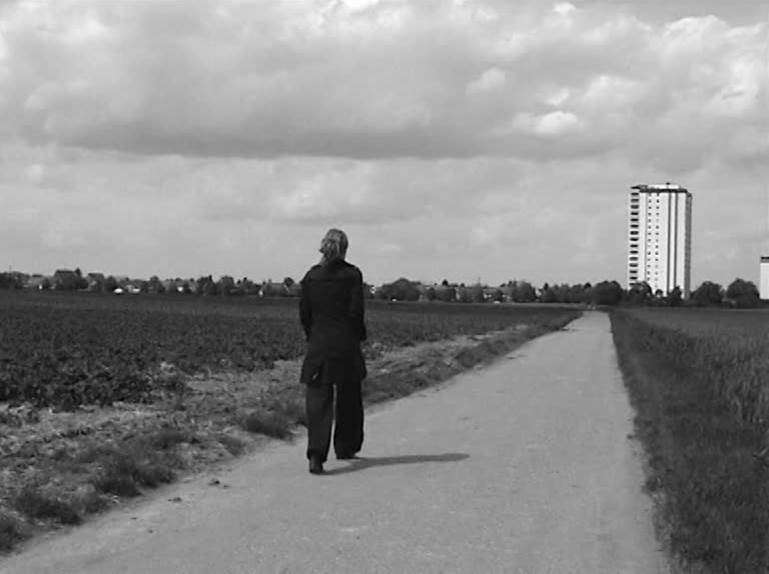Grammar can influence the perception of motion events

Different languages can have subtly different effects on the way we think and perceive, a phenomenon known as linguistic relativity. In a new paper in the journal Cognition, researcher Monique Flecken from the Max Planck Institute for Psycholinguistics, together with colleagues, shows that even when we are not speaking, the grammar of our native language may influence the way we perceive motion events.
Languages differ in how they describe motion events. For example, given a motion event, the grammar of English draws attention to the trajectory and endpoint of the motion event equally (for example, "a woman is walking along the road/towards a building"). German, in contrast, highlights endpoints ("a woman walks to a building"). Monique Flecken and colleagues used these differences between the two languages in an EEG experiment to examine whether grammatical patterns can influence the way people perceive such events.
In the study, Flecken, with colleagues Panos Athanasopoulos (Lancaster University), Jan Rouke Kuipers (University of Stirling) and Guillaume Thierry (Bangor University), measured the extent to which German and English participants allocated attention to trajectory and endpoint of motion events in a task in which they did not have to speak. Participants were presented with short animations of a dot travelling along a trajectory towards a geometrical shape (endpoint), followed by a picture symbolising the event. The relationship between animation and picture was manipulated in that there were different kinds of matches: sometimes the endpoint was of the same shape, sometimes the trajectory, and sometimes both. This made it possible to see whether speakers of different languages reacted differently to these matches, as measured by differences in their brain response.
In a first experiment, German participants exhibited a more pronounced P300 brain wave in the endpoint match condition, compared to the trajectory match condition. English participants showed no P300 amplitude difference between these conditions. This shows that German participants allocated more attention to endpoints than English speakers, in accordance with the grammatical patterns of their language. Prior work has suggested that linguistic relativity effects may only occur when people are (silently) speaking or planning to speak. In a second experiment, Flecken and colleagues were able to show that this was unlikely.
Flecken explains: "Prior EEG studies have mainly focused on static domains like colour and location. Our work offers one of the clearest demonstrations yet that linguistic relativity extends to the domain of non-verbal motion perception." So, even in a non-verbal context, the grammatical properties of a language, including the ways in which events are normally encoded in sentences, influence the way people perceive and attend to motion events.
More information: "On the Road to Somewhere: Brain Potentials Reflect Language Effects on Motion Event Perception." Cognition 141 (August): 41–51. DOI: 10.1016/j.cognition.2015.04.006


















